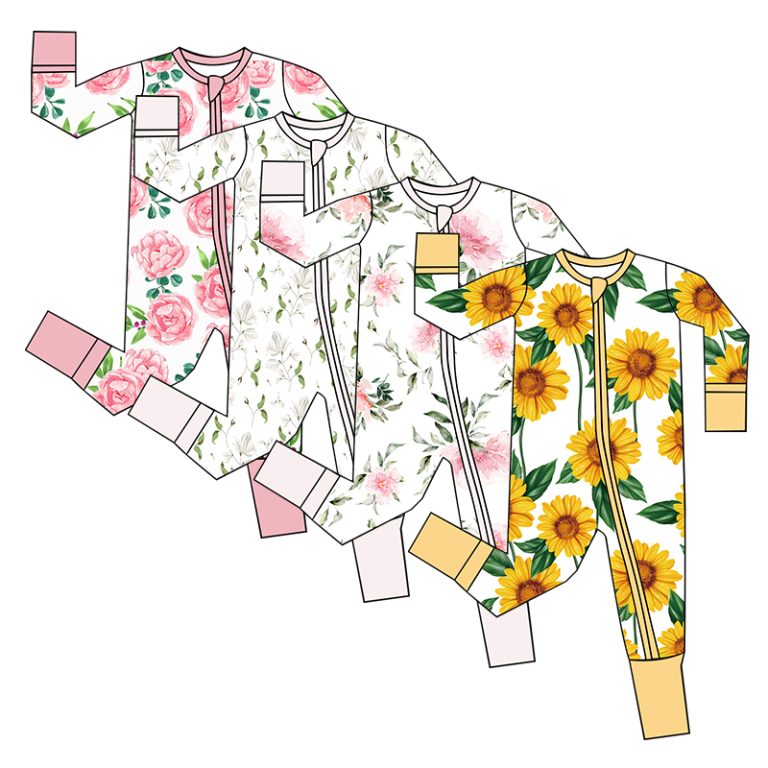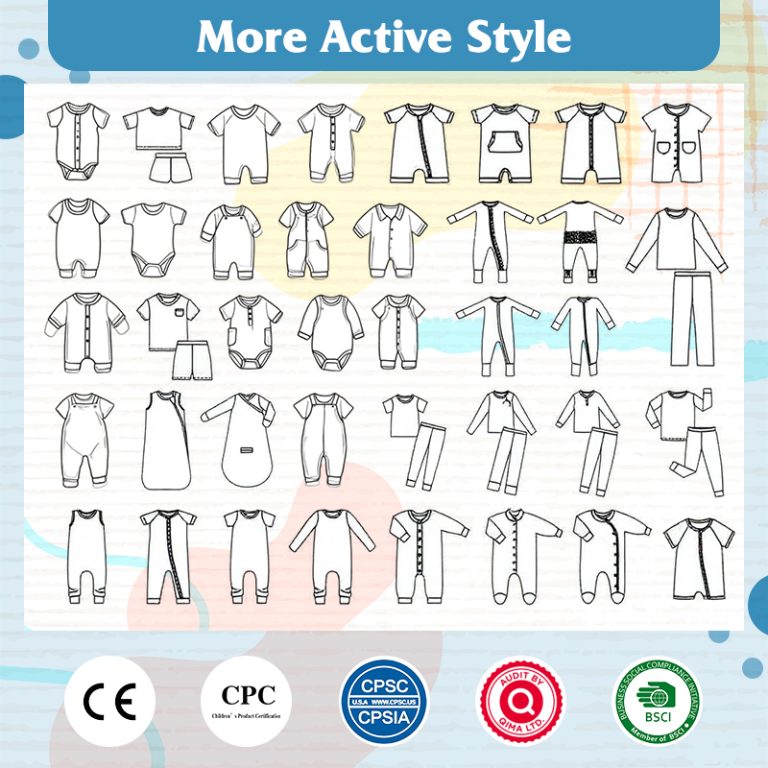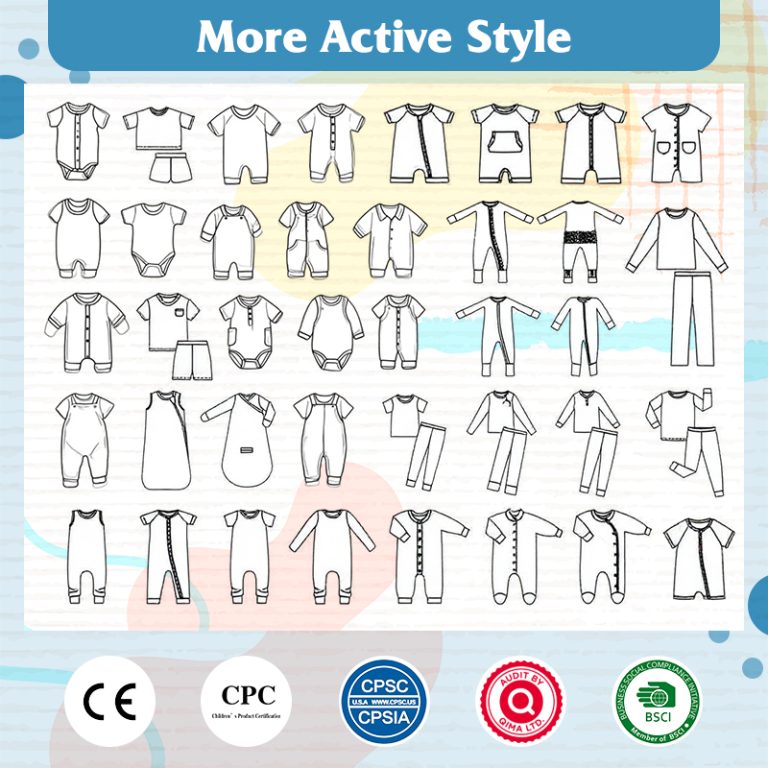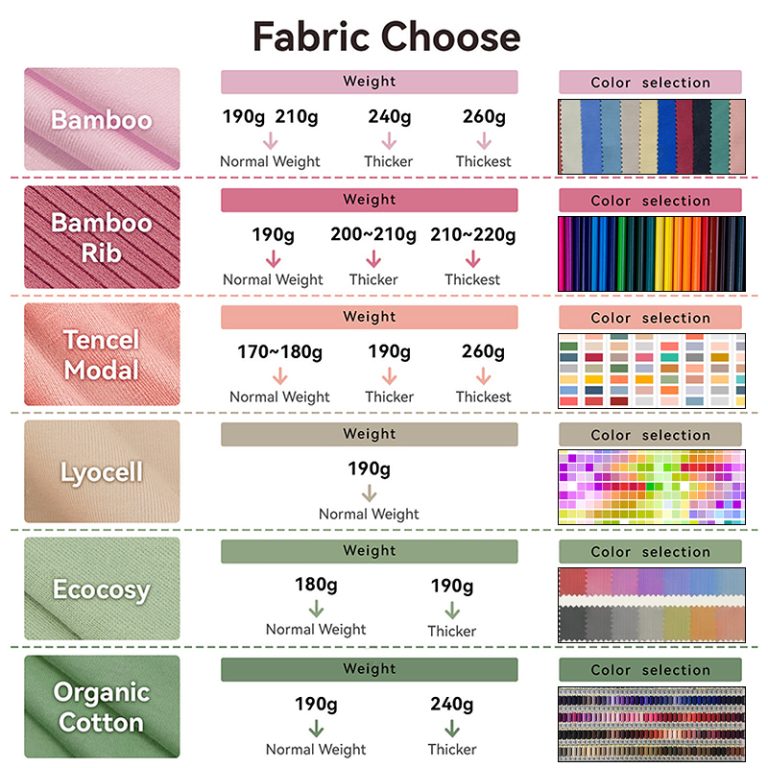Innovative Chinese Suppliers ISO14001 Environmental Management System bamboo pajamas john deere plain bamboo pajamas
# Innovative Chinese Suppliers Embrace ISO14001 for Bamboo Pajamas Production
In the quest for sustainability and environmental stewardship, the clothing industry is increasingly turning to innovative solutions. Among these, bamboo pajamas stand out due to their eco-friendly properties and remarkable comfort. A key factor driving the growth of bamboo pajamas is the commitment of Chinese suppliers to implementing ISO14001-certified Environmental Management Systems (EMS). This article explores the various facets of this development, shedding light on the fiber used, certifications acquired, factory processes, and the pajamas’ adaptability to seasonal use.
Bamboo Fiber: The Core of Eco-Friendly Pajamas
Bamboo pajamas are made from bamboo fiber, known for its sustainability and softness. Bamboo grows rapidly without the need for pesticides or fertilizers, and it requires significantly less water compared to other crops. After harvesting, the bamboo is processed into smooth, silky fiber that retains the plant’s natural properties. This fiber is not only biodegradable but also breathable and hypoallergenic, making bamboo pajamas perfect for sensitive skin.
The environmental advantages of bamboo fiber are manifold. Bamboo plantations absorb more carbon dioxide and release more oxygen compared to similar-sized forests, making them vital in combating climate change. Consequently, many Chinese suppliers have chosen bamboo as a raw material, aligning their products with global sustainability goals.

Cooler sleep
ISO14001 Certification: A Commitment to Environmental Responsibility
ISO14001 is an internationally recognized standard for Environmental Management Systems. It provides a framework for organizations to minimize their environmental footprint and comply with relevant laws and regulations. Chinese suppliers of bamboo pajamas who achieve ISO14001 certification demonstrate their dedication to sustainable practices.
To obtain this certification, suppliers must establish processes that reduce waste, conserve energy, and mitigate environmental impact. Regular audits ensure that these processes continue to meet stringent criteria, fostering continuous improvement in environmental performance. By adhering to ISO14001 standards, Chinese suppliers not only protect the environment but also enhance their credibility on the global stage.
Sustainable Factory Operations: The Heart of Production
The production of bamboo pajamas in ISO14001-certified factories involves several eco-conscious practices. These factories prioritize energy efficiency, utilizing advanced machinery that decreases power consumption. Water, a critical resource in textile production, is recycled and reused through sophisticated treatment systems, reducing wastage and minimizing the release of pollutants.
Waste management is also a focal point in these factories. By incorporating lean manufacturing principles, these suppliers minimize production waste, ensuring that leftover materials are either recycled or repurposed. The commitment to sustainable factory operations enhances the overall environmental benefits of bamboo pajamas and sets a benchmark for the textile industry.

Hollow fibers
Seasonal Use: Versatile Comfort Year-Round
One of the standout features of bamboo pajamas is their adaptability to different seasons. Bamboo fabric is thermoregulating, meaning it helps regulate body temperature. In warm weather, bamboo pajamas keep the wearer cool by wicking away moisture. Conversely, in cooler months, the fabric provides insulation, retaining body heat and ensuring comfort.

No pilling
This versatility makes bamboo pajamas ideal for year-round use. Consumers appreciate the ability to wear the same set of pajamas across different climates, further reducing the need for multiple clothing items. By investing in bamboo pajamas, individuals contribute to waste reduction and promote sustainable consumption patterns.
The Role of Technology in Enhancing Sustainability
Technology plays a significant role in the sustainable production of bamboo pajamas. Chinese suppliers are employing cutting-edge technology to streamline their operations and reduce environmental impacts. For instance, automated systems in fabric cutting and sewing reduce errors and waste, while digital platforms help suppliers optimize supply chain logistics, minimizing carbon emissions associated with transportation.
Moreover, innovative technological solutions enable the precise measurement of resource use, allowing suppliers to better manage their ecological footprints. As technology continues to evolve, its integration into bamboo pajamas production promises further advancements in sustainability.
Challenges and Future Prospects
Despite the progress made by Chinese suppliers in sustainable bamboo pajamas production, challenges remain. The costs associated with implementing ISO14001-certified systems can be high, and not all suppliers have the resources to make such investments. Additionally, maintaining certification requires ongoing commitment and adaptation to emerging environmental regulations.
Looking forward, the prospects for bamboo pajamas are promising. As consumer demand for sustainable products grows, the market for bamboo pajamas is expected to expand. With continued innovation and dedication to environmental responsibility, Chinese suppliers are well-positioned to lead this burgeoning sector, fostering more sustainable practices across the global clothing industry.
In conclusion, the integration of ISO14001 Environmental Management Systems by innovative Chinese suppliers marks a significant stride towards sustainability in bamboo pajamas production. From the eco-friendly bamboo fiber and rigorous certification processes to sustainable factory operations and technological advancements, these suppliers are setting new standards in environmental stewardship. Their efforts not only meet the immediate needs of consumers but also contribute to a more sustainable future for the planet.







